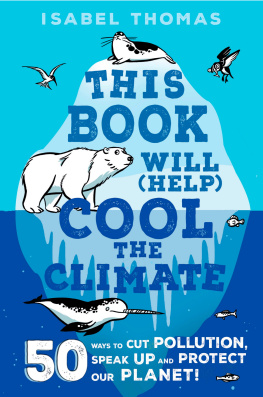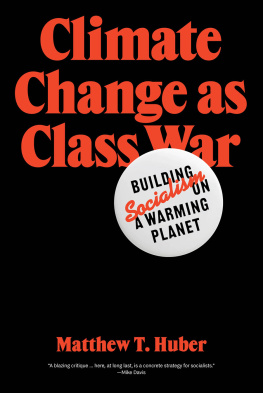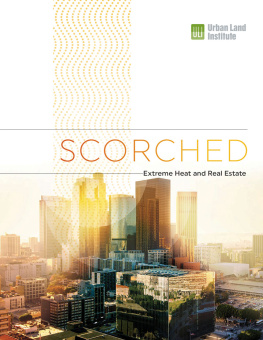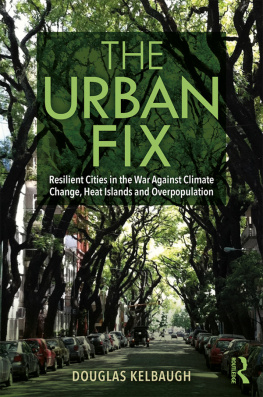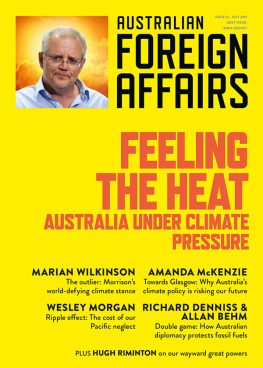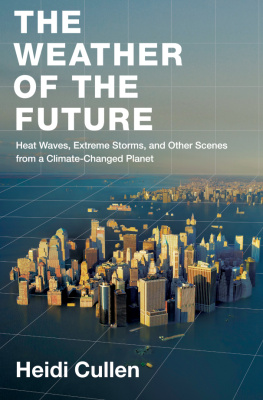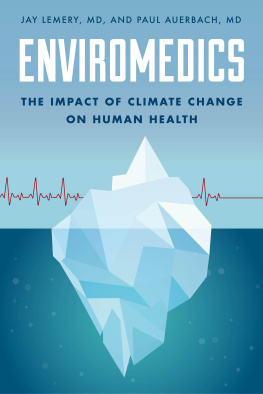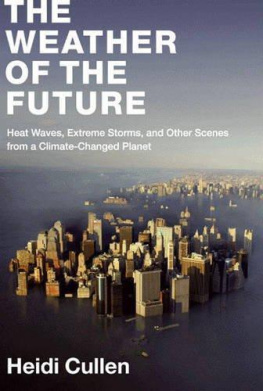Prescott Matthew - Heat: how to stop the planet burning
Here you can read online Prescott Matthew - Heat: how to stop the planet burning full text of the book (entire story) in english for free. Download pdf and epub, get meaning, cover and reviews about this ebook. City: London, year: 2007, publisher: Penguin Books Ltd, genre: Art. Description of the work, (preface) as well as reviews are available. Best literature library LitArk.com created for fans of good reading and offers a wide selection of genres:
Romance novel
Science fiction
Adventure
Detective
Science
History
Home and family
Prose
Art
Politics
Computer
Non-fiction
Religion
Business
Children
Humor
Choose a favorite category and find really read worthwhile books. Enjoy immersion in the world of imagination, feel the emotions of the characters or learn something new for yourself, make an fascinating discovery.

- Book:Heat: how to stop the planet burning
- Author:
- Publisher:Penguin Books Ltd
- Genre:
- Year:2007
- City:London
- Rating:5 / 5
- Favourites:Add to favourites
- Your mark:
- 100
- 1
- 2
- 3
- 4
- 5
Heat: how to stop the planet burning: summary, description and annotation
We offer to read an annotation, description, summary or preface (depends on what the author of the book "Heat: how to stop the planet burning" wrote himself). If you haven't found the necessary information about the book — write in the comments, we will try to find it.
Heat: how to stop the planet burning — read online for free the complete book (whole text) full work
Below is the text of the book, divided by pages. System saving the place of the last page read, allows you to conveniently read the book "Heat: how to stop the planet burning" online for free, without having to search again every time where you left off. Put a bookmark, and you can go to the page where you finished reading at any time.
Font size:
Interval:
Bookmark:
PENGUIN BOOKS
HEAT
George Monbiot is one of the worlds most influential radical thinkers. Celebrated for both their originality and the depth of their research, his Guardian columns are syndicated all over the world. His website www.monbiot.com receives a quarter of a million hits a month. He is the author of the bestselling books Captive State and The Age of Consent, as well as the investigative travel books Poisoned Arrows, Amazon Watershed and No Mans Land. Among the many prizes he has won is the UN Global 500 award for outstanding environmental achievement, presented to him by Nelson Mandela. He is visiting professor at the school of the built environment, Oxford Brookes University.
GEORGE MONBIOT
How to Stop the Planet Burning
with research assistance from
DR MATTHEW PRESCOTT

PENGUIN BOOKS
PENGUIN BOOKS
Published by the Penguin Group
Penguin Books Ltd, 80 Strand, London WC2R 0RL, England
Penguin Group (USA) Inc., 375 Hudson Street, New York, New York 10014, USA
Penguin Group (Canada), 90 Eglinton Avenue East, Suite Y00, Toronto, Ontario, Canada M4P 2Y3
(a division of Pearson Penguin Canada Inc.)
Penguin Ireland, 25 St Stephens Green, Dublin 2, Ireland
(a division of Penguin Books Ltd)
Penguin Group (Australia), 250 Camberwell Road, Camberwell, Victoria 3124, Australia
(a division of Pearson Australia Group Pty Ltd)
Penguin Books India Pvt Ltd, 11 Community Centre, Panchsheel Park, New Delhi 110 017, India
Penguin Group (NZ), 67 Apollo Drive, Rosedale, North Shore 0632, New Zealand
(a division of Pearson New Zealand Ltd)
Penguin Books (South Africa) (Pty) Ltd, 24 Sturdee Avenue, Rosebank, Johannesburg 2196, South Africa
Penguin Books Ltd, Registered Offices: 80 Strand, London WC2R 0RL, England
www.penguin.com
First published by Allen Lane 2006
Published in Penguin Books with a new Preface 2007
Copyright George Monbiot, 2006, 2007
All rights reserved
The moral right of the author has been asserted
Except in the United States of America, this book is sold subject
to the condition that it shall not, by way of trade or otherwise, be lent,
re-sold, hired out, or otherwise circulated without the publishers
prior consent in any form of binding or cover other than that in
which it is published and without a similar condition including this
condition being imposed on the subsequent purchaser
EISBN: 9780141900742
To Hanna
May this be a fit world for you to inhabit
In the nine months since this book was first published, almost all of us have agreed that climate change, in Tony Blairs words, is the single most important issue that we face as a global community. We have also agreed to do nothing about it.
That is not entirely true it depends on who is meant by we. In formal and informal agreements all over the world in Parliament, the European Union, the US Congress, the National Peoples Congress in China aspirations, goals, even binding targets are being discussed and set. But we sit and watch our legislators act on our behalf. A recent survey by the Energy Saving Trust shows that only 4 per cent of people have made substantial changes to the way they live. Everyone else is waiting for everyone else to act.
It is true that we are now much better informed about the collapse of the biosphere. The new scientific summary by the Intergovernmental Panel on Climate Change which warns that more intense and longer droughts have already been observed over wide areas of the earth; and that eleven of the last twelve years rank among the twelve warmest since records began has been reported everywhere. But we read about these changes with the impotent fascination with which we might watch a good disaster movie. This knowledge is useless, or worse than useless paralysing unless we are prepared to act on it. The danger is not that we will stop talking about climate change. The danger is that we will talk ourselves to kingdom come.
At first sight, some of the moves made by governments seem reassuring. The biggest event was the publication of the Stern report It makes economic sense to act.
You might have expected me to welcome the Stern report, because in important respects it appears to chime with the message of this book. I did, at first. But the more I have thought about it, the less I like it. Like most climate scientists, Sir Nicholas seems to believe that if we want to avoid dangerous climate change, we should seek to prevent the global temperature from rising by 2C above its preindustrial level. Having spelt out the consequences, he then casts this target aside.
Explaining this is a little complicated, but it lies at the heart of the issue, so please bear with me for a moment. Rising temperatures are directly related to a rise in the concentration of greenhouse gases in the atmosphere. The most important of these is carbon dioxide, but there are several others, and when they are all lumped together we measure them with a unit called carbon dioxide equivalent.
Sir Nicholas makes it clear that to have a reasonable chance (50 per cent or so) of avoiding 2 of global warming, we have to stabilize
This is a calamitous level of warming. As Stern says, global food production is likely to be seriously affected As the global population will keep rising, 4 could cause mass starvation.
So at what level does Sir Nicholas recommend we stabilize greenhouse gas emissions in the atmosphere? 550ppm CO2e. This is the basis of his calculation that preventing dangerous levels of climate change would cost only 1 per cent of global GDP. It is also the level, as he has shown, which makes dangerous climate change almost inevitable and catastrophic climate change quite possible. Stern embraces a greenhouse gas target with a reasonable chance of causing mass starvation.
He doesnt even bother to calculate how much it would cost to stabilize greenhouse gas concentrations at 450ppm CO2e or below. He simply notes that this is likely to be very costly. As this book shows, that is not true.
My second problem with the Stern report is that the calculations he uses are nonsensical. On one side of the equation are the costs of investing in new technologies (or not investing in old ones) in order to prevent emissions from rising above 550ppm CO2e. On the other side are the costs of climate change. Some of these are financial food prices could rise, for example; sea walls will need to be built. But most of them take the form of costs which have hitherto been regarded as incalculable: the destruction of ecosystems and human communities; the displacement of people from their homes; disease and death. All these costs are thrown together by Sir Nicholas with a formula he calls equivalent to a reduction in consumption, to which he then attaches a price.
Stern explains that this consumption involves not just the consumption of goods we might buy from the supermarket, but also the consumption of education, health and the environment. But then he uses it anyway. The global disaster unleashed by a 56 rise in temperature is equivalent to a reduction in consumption of 520 per cent.
In what way is it equivalent? It is true that as people begin to starve they will consume less, in both the broad and narrow senses. It is also true that when they die they cease to consume altogether. I can accept that a unit of measurement, which allows us to compare the human costs of different spending decisions, might be necessary. But Sterns unit (a reduction in consumption) incorporates everything from the price of eggs to the pain of bereavement. He then translates it into a social cost of carbon, measured in dollars. He has, in other words, put a price on human life. Worse still, he has ensured that this price is lost among the other prices: when we read that the social cost of carbon is $30 a tonne, we dont know unless we read the whole report how much of this is made of human lives.
Next pageFont size:
Interval:
Bookmark:
Similar books «Heat: how to stop the planet burning»
Look at similar books to Heat: how to stop the planet burning. We have selected literature similar in name and meaning in the hope of providing readers with more options to find new, interesting, not yet read works.
Discussion, reviews of the book Heat: how to stop the planet burning and just readers' own opinions. Leave your comments, write what you think about the work, its meaning or the main characters. Specify what exactly you liked and what you didn't like, and why you think so.

